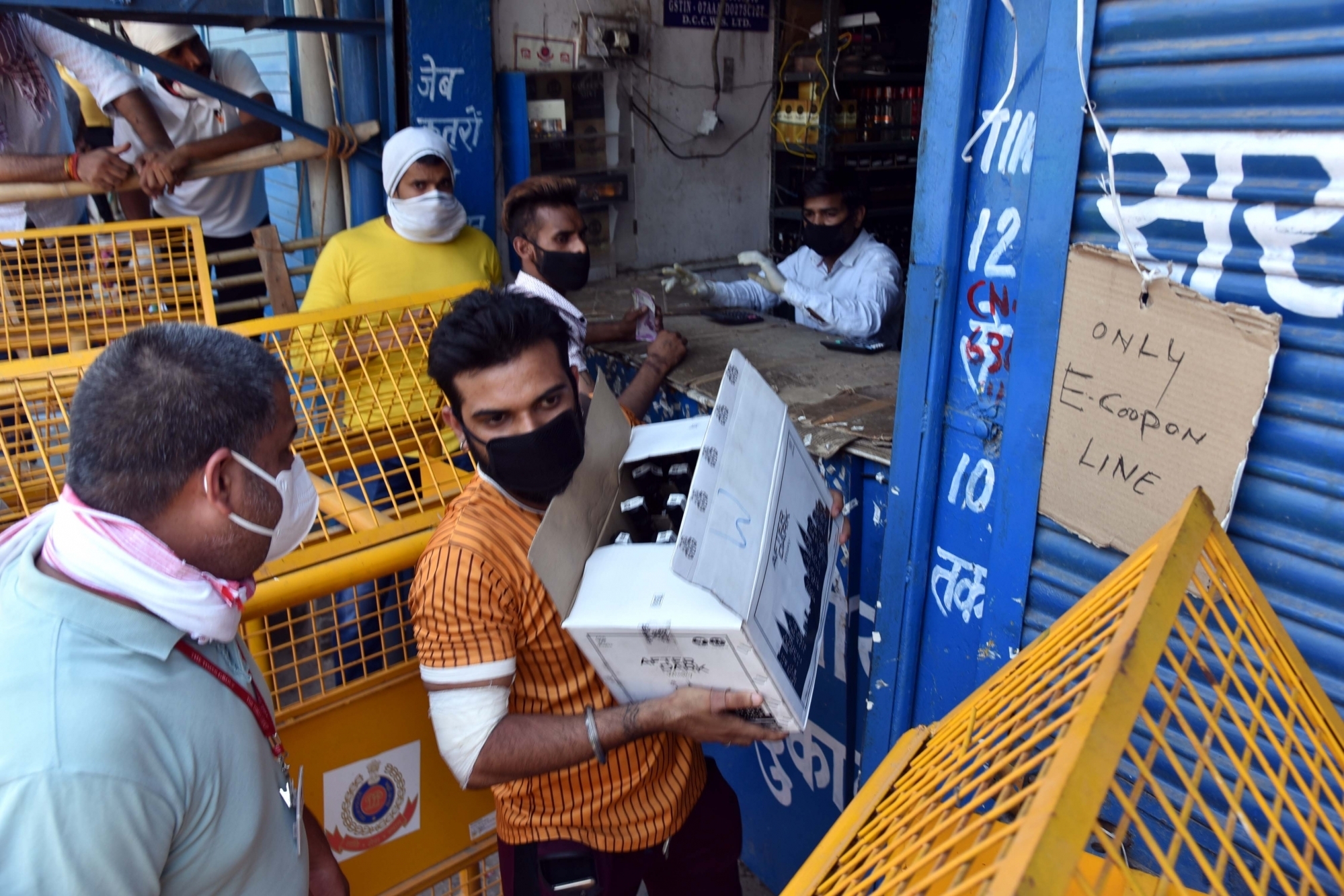Government should not try to make up for zero industrial activity by hiking prices; middle class will pay for additional taxes only if a stimulus is announced.
In the past one week—when governments around the world are announcing stimulus or relief packages—in India there have been announcements of multiple tax hikes. One on alcohol where state governments led by Arvind Kejriwal’s Delhi government hiked taxes by a whopping 70%. Second on fuel products where the Central government—armed with a change in legislation it brought about earlier this year—hiked excise duty. Governments—both the Centre and state—have sent the message that in times of distress they will hike taxes no matter how unreasonable may be the quantum.
With the second revision in excise duty, the government will collect nearly 260% taxes—which includes excise duty and VAT on the base price of petrol. Likewise, government will charge a whopping 256% of prices as taxes for every litre of diesel. The government will collect a total of Rs 4.4 lakh crore as fuel taxes this year—which is 2.1% of India’s total GDP. Beyond doubt, this is excessive taxation. It can be justified only if it is spent on lifting the economy and ensuring India recovers from the Covid-induced economic shock. Without a concrete stimulus package and reform measures, clamour to reduce these high levies will grow.
Experts have argued, at a time when demand is extremely low, additional taxes will further reduce the amount of money that Indians will have to spend. Unless Indians start spending, the demand cycle and the larger investment cycle will not pick up. Let us not forget the Covid shock has come at a time when the Indian economy was growing at its slowest pace in years and was staring at a serious slowdown.
At a time when levies can be rationalised as global oil prices are at record lows, the government went ahead with another duty hike. But the question about how livelihoods will be saved still remains unanswered. The Prime Minister has ensured basic needs of hunger and starvation are addressed, but what is needed are measures to address concerns of industry, measures to create more jobs and address concerns of the small scale sector that are leveraged and are staring at huge losses and large scale bankruptcies.
Unless the worst hit sectors of the economy are addressed with a series of relief measures, the people of India are better off with lower fuel prices at this juncture. Likewise for alcohol, many in Government quarters gleefully pointed at high revenue collections despite irrational taxes. This is short lived and unsustainable. The same people who are willfully paying additional levies by standing in queues or signing up for home deliveries, will soon run out of patience with this Government if a relief measure is not announced.
According to Reserve Bank of India’s figures, the levies on alcohol make up on an average about 10% to 15% of the Tax Revenues of states (excluding what states get from Central funds). It makes liquor levies the second largest contributor to state exchequer, which is why excise duty on alcohol is being hiked by state after state. After Delhi, the Andhra Pradesh government announced two hikes—50% and 25%. States like Uttar Pradesh—which earned Rs 25,000 crore via alcohol levies in 2019—have also further increased taxes. But by next week the sales figures will start tapering, and may even reduce.
People will spend more, provided there is some cushioning of the economic devastation that Covid-19 has caused. The sooner State and Central governments realise this the better it is for the economic future of India. If not, there will be backlash. Massive unemployment, huge bankruptcies and large-scale economic disaster cannot be averted by just hiking duties. Only bold policy measures will.
Gaurie Dwivedi is a senior journalist covering economy, policy and politics.

